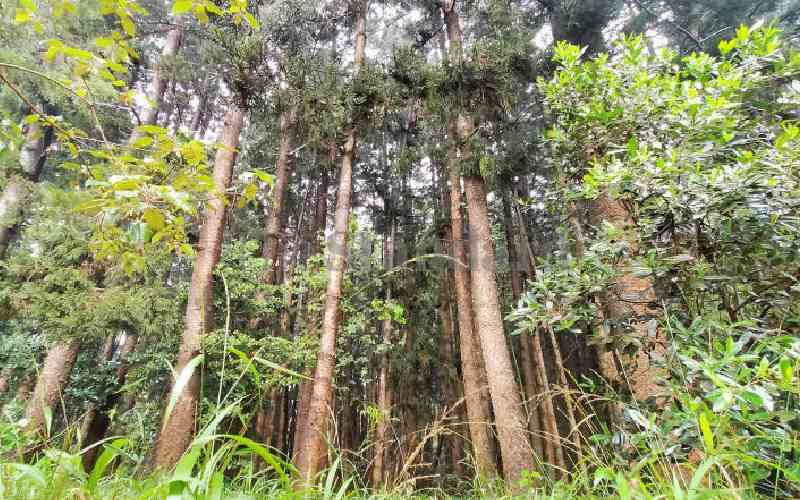
As we confront the need to address environmental challenges, the potential of Africa's vast forests and biodiversity emerges as a powerful tool in combating the global crisis of climate change.
Forests serve as carbon sinks, absorbing substantial amounts of carbon dioxide from the atmosphere. The Congo rainforest, in particular, sequesters more carbon dioxide (CO2) than the Amazon and Southeast Asian rainforests combined. Astonishingly, it is the most important tropical carbon sink globally, yet the funds allocated for its preservation remain inadequate.